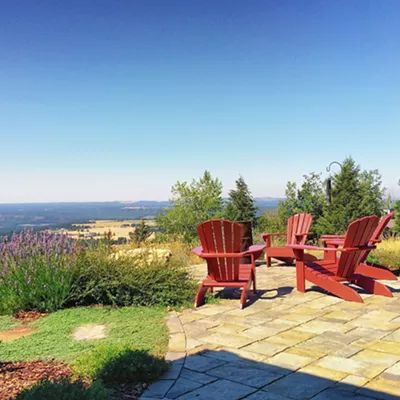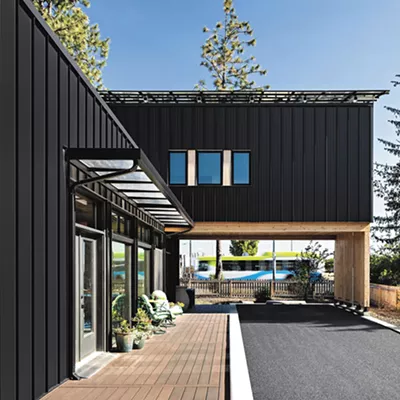Nothing escapes the scrutiny of science — not even love. In the quest to sift through millennia of anecdotal wisdom about what restores the spark to long-term relationships, researchers are closing in on some answers. It’s not simply time together that does the trick — even pleasant, quality time. It’s when seasoned couples attempt the novel and challenging, together, that they feel the best about their relationships.
“Among the things that matter most to people — and that matter most to understanding behavior — are people’s relationships,” says Arthur Aron, a social psychologist at Stony Brook University in New York. “The quality of one’s relationships matters more than anything else in terms of the overall quality of one’s life.”
Aron and his associates start with the notion that humans want and need more out of life than mere survival. “You see this throughout most species — throughout evolution,” he says. “One thing animals need to do is survive and produce offspring, the other thing is to take advantage of opportunities and enter new territory.” This observation led to the larger question of why people enter into and maintain relationships at all, and what kind of activities couples can share to strengthen their bonds after the thrill begins to fade.
“It occurred to us that perhaps one of the ways that people could get that sense of excitement, spark or exhilaration that comes with a new relationship is if they’re doing something else in their life that’s exciting, passionate, novel and challenging, and associate it with the relationship,” Aron says. Funded by a major grant from the National Science Foundation, Aron has done studies, surveys and lab and field experiments with couples in long-term relationships.
What he’s discovered is that new and challenging activities do more for a relationship than the standard date night, even if the regular routine is pleasant and enjoyable.
In one experiment, groups of volunteer couples were assigned to spend an hour and a half per week for 10 weeks from a given list of activities. One group had a list of things to do that were categorized as highly exciting but only moderately pleasant; the other group did things that were highly pleasant but only moderately exciting. “Over the 10 weeks,” Aron says, “there was a significant increase in marital quality in the group doing the exciting but only moderately pleasant [activities], and not much change in the other group.”
It’s not so much the activity itself that makes the difference as the degree of novelty and challenge that it offers to a couple. If a couple go to the opera every week, Aron says, it may be pleasant, but not very exciting. A couple going for the first time would likely find it more novel and exciting. Participants in the study tended to think of things that they don’t often do as more exciting — things that present a challenge. Those were typically outdoor activities like canoeing, taking a class together or going someplace for an evening that they’ve never been before — perhaps a little ways out of town.
“What we’ve learned as a practical matter is that if couples are going to spend time together,” Aron says, “they’re going to get a lot more out of it if they don’t just do the same old things, but do something that’s different, novel, exciting, challenging — and they do it together.” Doing new things alone may benefit the individual, he says, but won’t do much for the relationship.
“There’s nothing that goes on psychologically that isn’t also physiological,” Aron says. “When you do something challenging or novel, there’s a set of mental and therefore physical experiences. Probably dopamine is involved, and the peripheral nervous system — and those become associated with the partner.”














